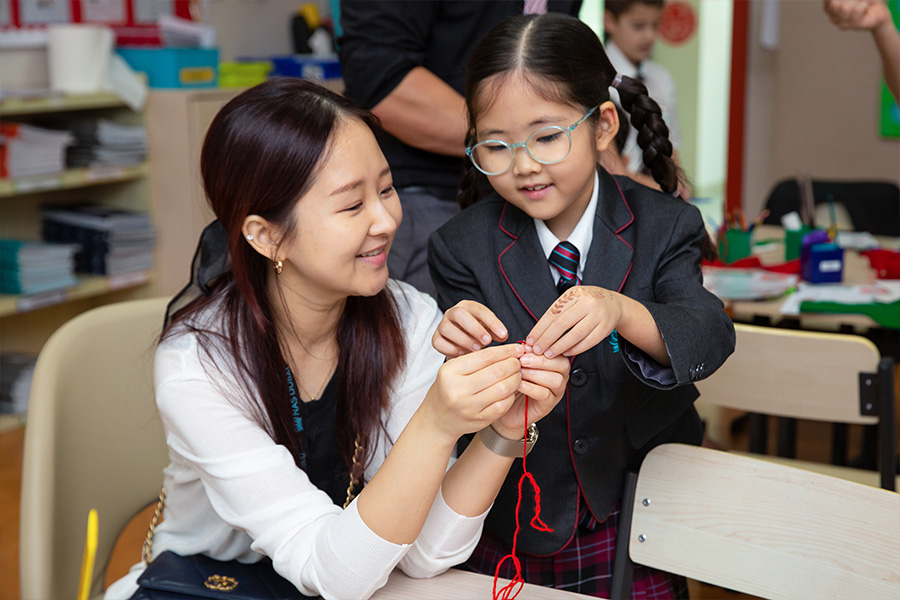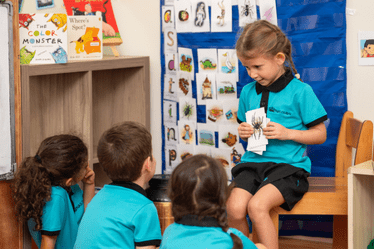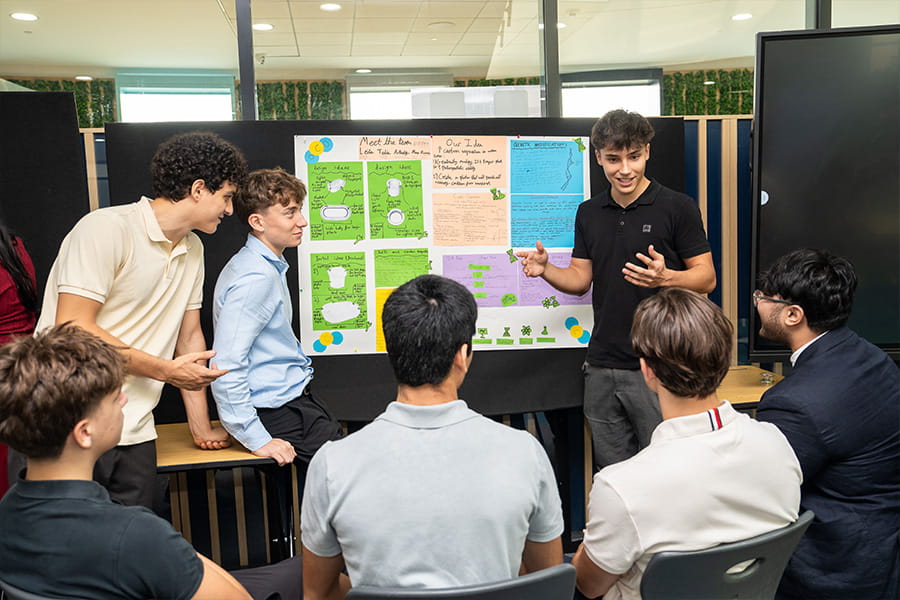How do we ensure that our children know they matter, and we believe in them?
As I read the NAE Insights article ‘HELPING KIDS SEE THAT THEY MATTER FOR WHO THEY ARE AND NOT WHAT THEY ACHIEVE’ it really made me think just what a challenging job parenting is. Getting your child to take part in activities…but not too many, so that they don’t burn out. Encouraging your child to study and get good grades to succeed in life…but also making sure to clarify that grades don’t define them. Nurturing them into social beings who can mix well with others…but not too many playdates (or “hangouts” as they get older) as you don’t want to drive yourself crackers or risk them burning out their social batteries too soon! The list of parental paradoxes goes on and on.
Those who come along to the parenting classes that I offer in school will testify to the fact that I, like everyone else, am a work in progress with regards to parenting. I get it wrong more times than I get it right and I am sure my children will back this up. But I always keep plugging away. I care that they are social, take part and get good grades but honestly, the most important thing to me is that they are good people and happy in the long run. If their wellbeing is at its best, it has a trickle down affect and likewise all the other stuff will take care of itself.
Five top tips to showing your children they matter (from my experience)!
Below I have written down a few things that I try to do as much as possible to show my children that they matter (full disclosure: this does not happen all of the time, it is impossible to tick all of the boxes, so don’t put yourself under too much pressure if you can’t do all of them at once!):
1. Laugh together – laugh at their silly stories and their jokes about their day. It means a lot to children that we laugh with them, and nothing fights stress and makes you feel good inside like a proper giggle.
2. Listen…really listen – set the devices aside and really listen to what your children have to say. This builds empathy and trust. Don’t try to fix all their problems, interrupt, or hurry the conversation along, just listen and show that you are listening by summarising back what they say. Support them as they find solutions to their own problems, don’t be tempted to jump in too soon and take over, this only tells you child that you don’t think they are capable of problem-solving.
3. Model the feelings – we all have both comfortable and uncomfortable feelings. Hiding those more challenging feelings from your child makes them feel like they too shouldn’t have them. Show them how you deal with sadness, anger and all those other uncomfortable moments and if you are struggling to manage them, seek support for yourself first. Show them that asking for help and support is okay and set an example of how to handle the harder emotions.
4. Pass on your values – as a parent, it is important that your children are aware of your values and boundaries. Being your child’s friend isn’t the priority, it is holding them to a standard that enables them to grow into independent, polite and capable young people. This only happens through clear boundaries with consistent parenting. Children need to know where they stand, and they respond so well to it.
5. Show the love – think of your child’s ‘love languages’, what do they respond best to? Maybe it’s the words you say, the hugs you give, the time you spend together, your actions or the gifts they are given (by the way, I would guess all children love to receive gifts, but these don’t have to be of monetary value, a little note in a lunchbox can mean more than you think!).
These are just some ideas, but remember, for better wellbeing, we need our children to feel loved, accepted and safe. We want them to enjoy and embrace their childhood just as much as we want to make their childhood special. We want them to feel supported in dealing with any challenges they may face and lay down the foundations of the skills and values that they will need throughout their lives.
It is a tough job but, my goodness, it is rewarding and worthwhile!


.jpg?h=499&iar=0&w=887&rev=6c796104c67c464bb8f76eac783b48ca&hash=D0B6415DD5D5C71A0B101D5DA4E56E34)

.jpg?h=600&iar=0&w=900&rev=a671695f1ded429d82ae2973e781f60d&hash=38935B7E566391242959A92755570771)
